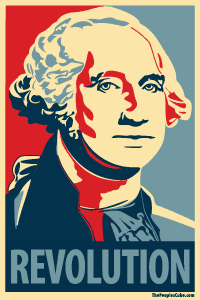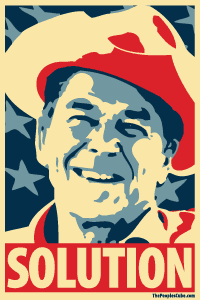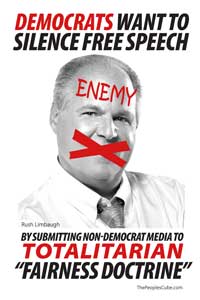By Michael Snyder | June 21, 2012 | The Economic Collapse Blog
 When most people think of “Big Brother”, they think of the FBI, the CIA, the NSA, the Department of Homeland Security and other shadowy government agencies. Yes, they are definitely watching you, but so are many big corporations. In fact, there are some companies that are making tens of millions of dollars by gathering every shred of information about all of us that they can and selling it for profit to anyone willing to pay the price. It is called “data mining”, and these data miners want to keep track of literally everything that you do. Most people know that basically everything that we do on the Internet is tracked, but data mining goes far beyond that. When you use a customer rewards card at the supermarket, the data miners know about it. When you pay for a purchase with a credit card or a debit card, the data miners know about it. Every time you buy a prescription drug, that information is sold to someone. Every time you apply for a loan, a whole host of organizations is notified. Information has become an extremely valuable commodity, and thanks to computers and the Internet it is easier to gather information than ever before. But that also means that our personal information is no longer “private”, and this trend is only going to get worse in the years ahead.
When most people think of “Big Brother”, they think of the FBI, the CIA, the NSA, the Department of Homeland Security and other shadowy government agencies. Yes, they are definitely watching you, but so are many big corporations. In fact, there are some companies that are making tens of millions of dollars by gathering every shred of information about all of us that they can and selling it for profit to anyone willing to pay the price. It is called “data mining”, and these data miners want to keep track of literally everything that you do. Most people know that basically everything that we do on the Internet is tracked, but data mining goes far beyond that. When you use a customer rewards card at the supermarket, the data miners know about it. When you pay for a purchase with a credit card or a debit card, the data miners know about it. Every time you buy a prescription drug, that information is sold to someone. Every time you apply for a loan, a whole host of organizations is notified. Information has become an extremely valuable commodity, and thanks to computers and the Internet it is easier to gather information than ever before. But that also means that our personal information is no longer “private”, and this trend is only going to get worse in the years ahead.

 As we ready ourselves for the inevitable onslaught against Romney’s religion, we need to educate ourselves on Obama’s own beliefs, which are the most unusual of any candidate. Even taking Barack at his word, that he is a “Christian”, his beliefs are highly atypical of biblical Christianity. Barack, as an acolyte of Reverend Jeremiah Wright’s ideology, is really a follower of James Cone’s own racist and Marxist Black Liberation Theology. This is the subject of today’s essay.
As we ready ourselves for the inevitable onslaught against Romney’s religion, we need to educate ourselves on Obama’s own beliefs, which are the most unusual of any candidate. Even taking Barack at his word, that he is a “Christian”, his beliefs are highly atypical of biblical Christianity. Barack, as an acolyte of Reverend Jeremiah Wright’s ideology, is really a follower of James Cone’s own racist and Marxist Black Liberation Theology. This is the subject of today’s essay. Minneapolis police want you to know race has nothing to do with an epidemic of violent crime in their downtown.
Minneapolis police want you to know race has nothing to do with an epidemic of violent crime in their downtown.














Felonious Munk Presents: Stop It B! Post Racial Society? [Video]
Related Articles
Share this: